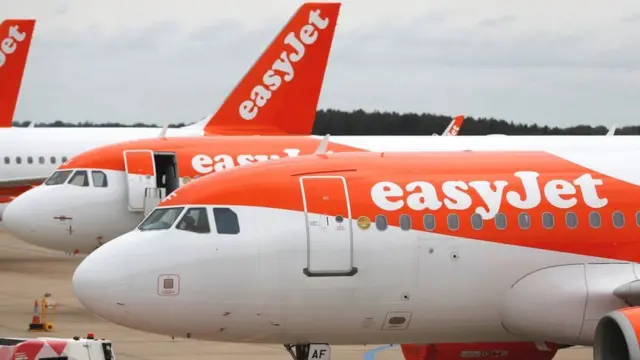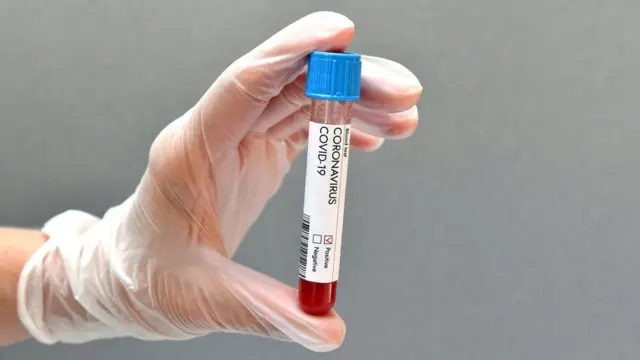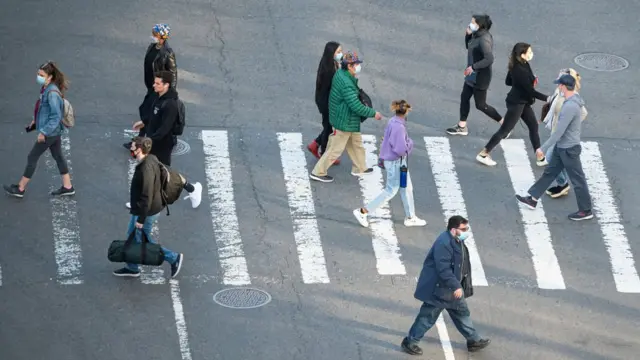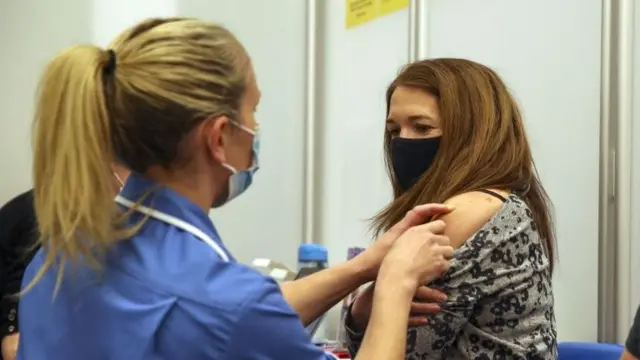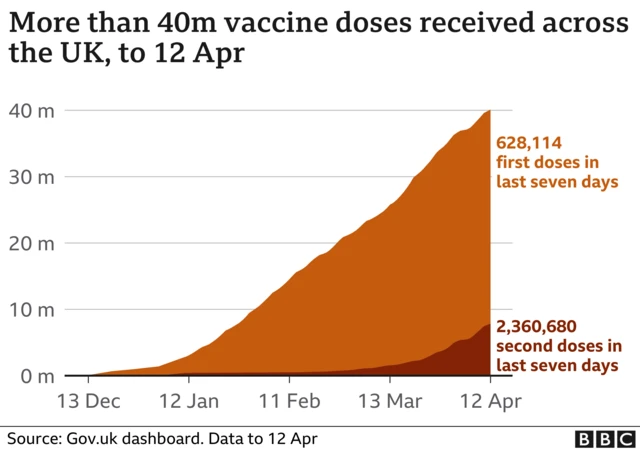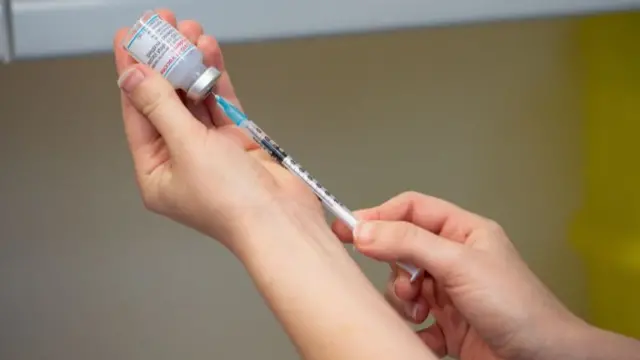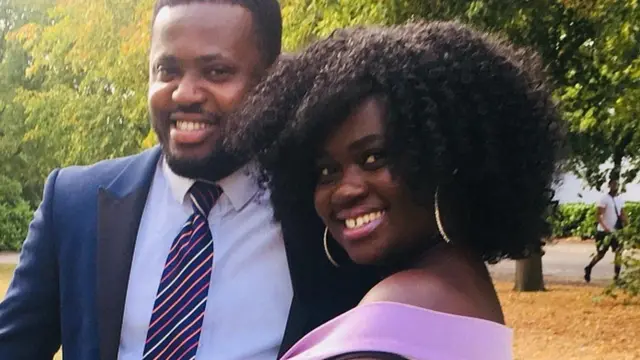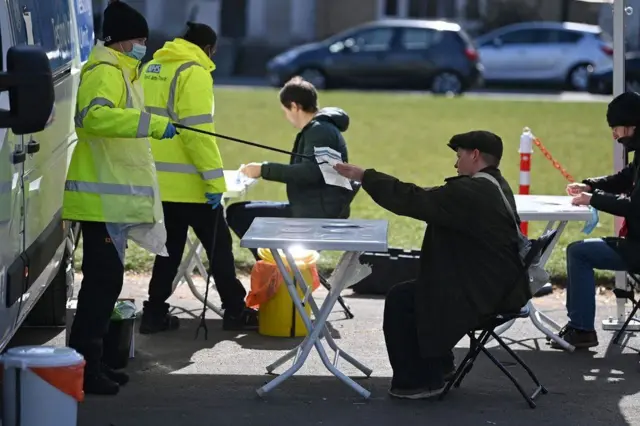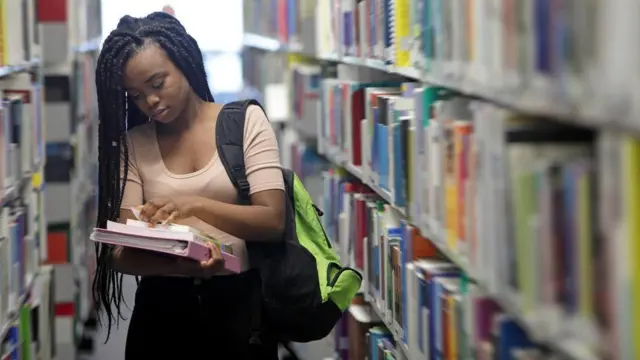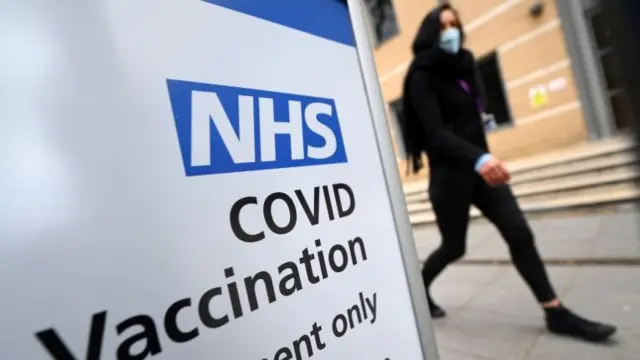Tesco counts cost of Covid trading as profits droppublished at 10:57 BST 14 April 2021
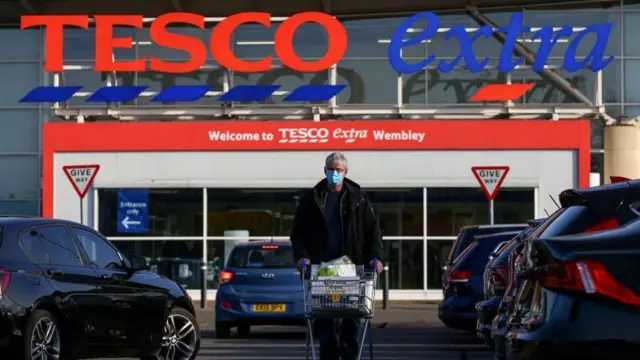 Image source, Getty Images
Image source, Getty ImagesTesco has announced a rise in sales but a sharp fall in full-year profits after spending nearly £900m to carry on trading through the Covid pandemic.
The UK's largest supermarket says "exceptionally strong" revenue grew by 7% to £53.4bn.
However, pre-tax profits dropped by nearly 20% following a number of Covid-related costs including giving full pay to staff off work ill or shielding.
It also incurred £535m after forgoing business rates relief.
Tesco's full-year pre-tax profit fell from £1bn to £825m.
